UNDERSTANDING AND CONTROLLING YOUR CAT'S HUNTING INSTINCTS
Cats are known for their hunting skills and it's no surprise that they have a natural hunting instinct. Whether it's a domestic cat or a wild cat, they all have the ability to chase and catch prey. Even though domestic cats are often fed by their owners, they have a strong hunting instinct. They often stalk and chase small animals such as mice, birds and insects. This instinctive behavior can be seen in them stalking and pouncing on toys or even their own tail.
Wild cats, on the other hand, rely on hunting to survive. They have developed special hunting techniques to catch their prey, such as the cheetah's high-speed chase or the lion's strategy of hunting in a group. Cats use their keen senses to track down their prey. Their sense of smell, eyesight and hearing are all incredibly acute and allow them to spot their prey from a distance. They also use their whiskers as sensors to detect movement in the dark. Once they have located their prey, they use their agility and speed to catch it.
Cats are also solitary animals. They usually hunt alone, but in some cases, like the lion, they hunt in a group. Some domestic cats also hunt in pairs or small groups.
It is important to know that although hunting is a natural behavior for cats, it is not always appropriate for domestic cats to hunt. In many cases, it can be harmful to both the cat and the prey. It is important to provide cats with toys and other forms of enrichment to satisfy their hunting instinct without causing harm.
It is also important not to punish cats when they bring mice or other prey into the house. Cats are simply following their natural instincts and punishing them will only lead to confusion and despair. Instead, it is better to solve the problem in the first place with a cat flap that will prevent them from entering the house once the cat flap detects that the cats have prey in their mouths.
In summary, cats have a natural hunting instinct that is an essential part of their biology. Domestic cats can satisfy their hunting instinct with toys and other forms of enrichment, while wild cats rely on hunting to survive. Understanding and respecting cats' hunting behavior can help us better care for and appreciate these fascinating animals. With a cat flap that prevents them from entering the home once the cat flap detects that they have prey in their mouths, we can allow our cats to follow their natural instincts in a safe and controlled environment.
[/et_pb_text][/et_pb_column][/et_pb_row][/et_pb_section]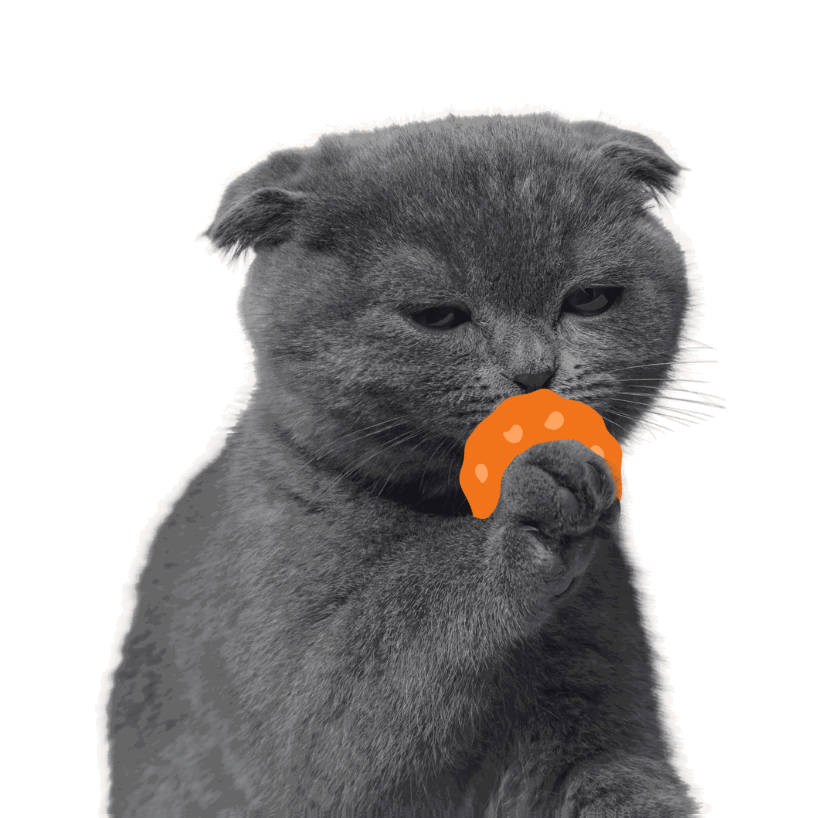
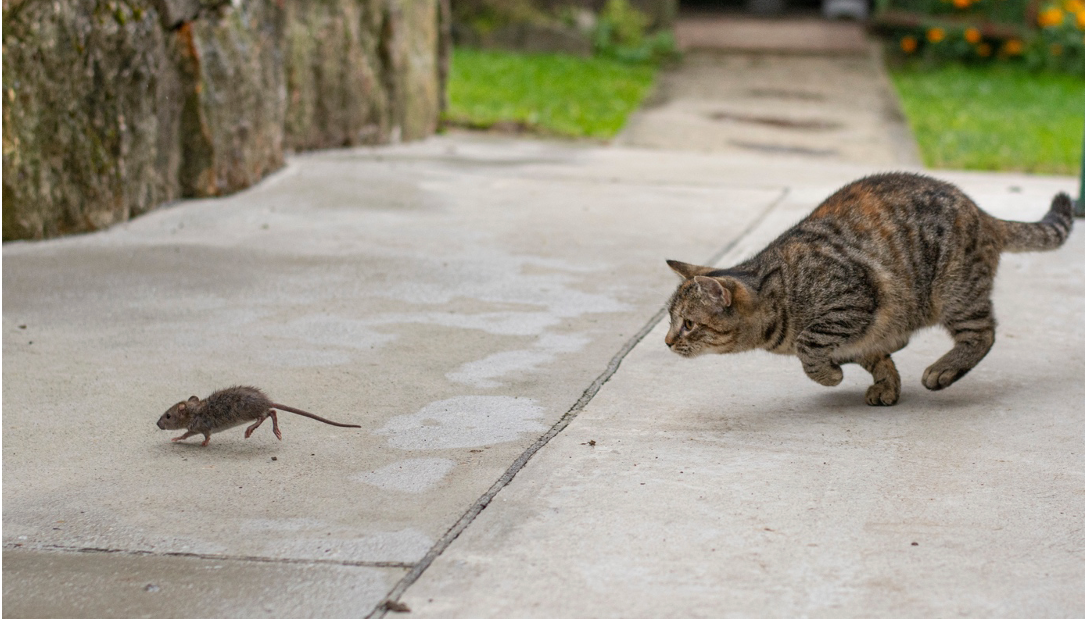
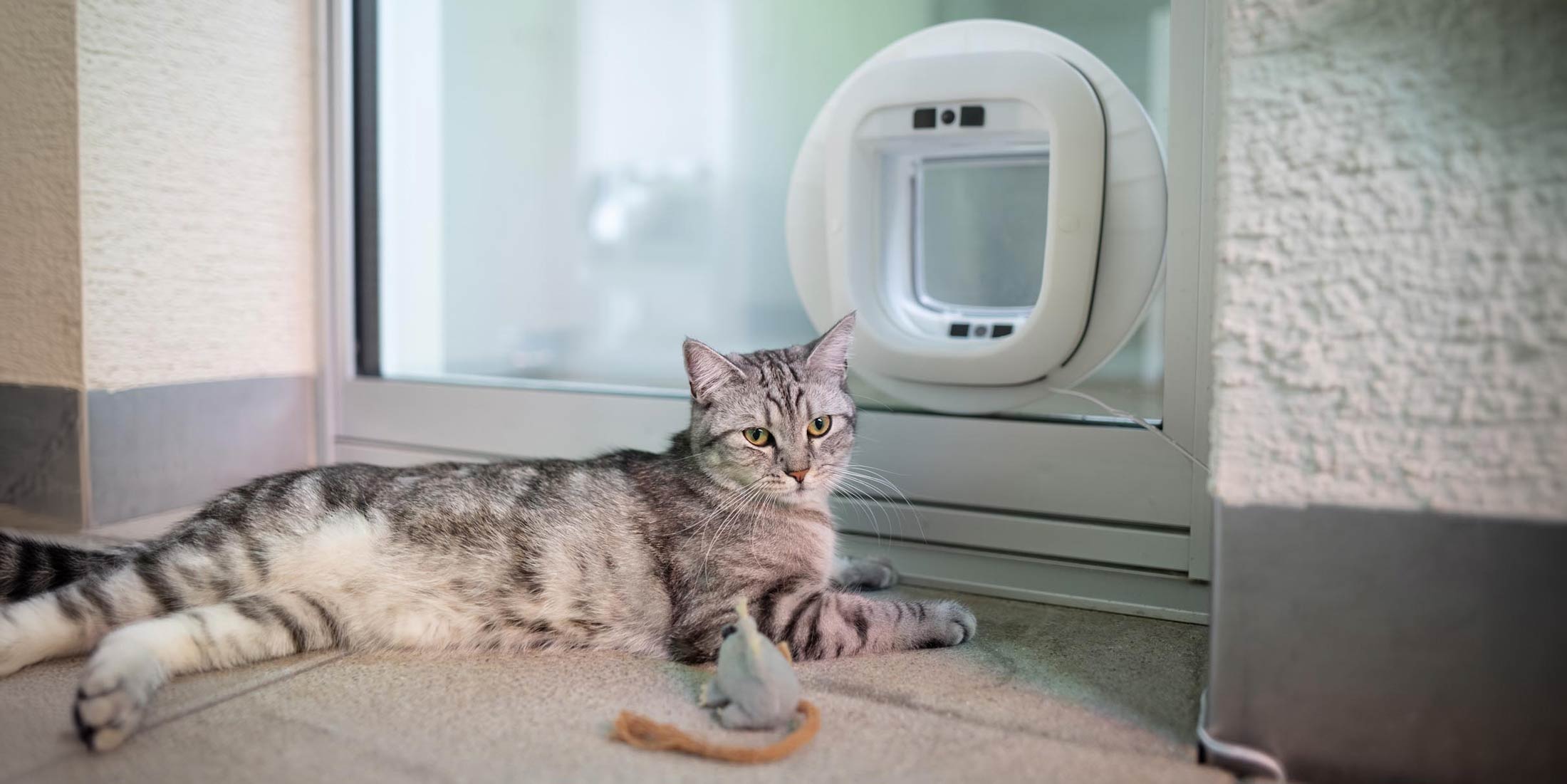
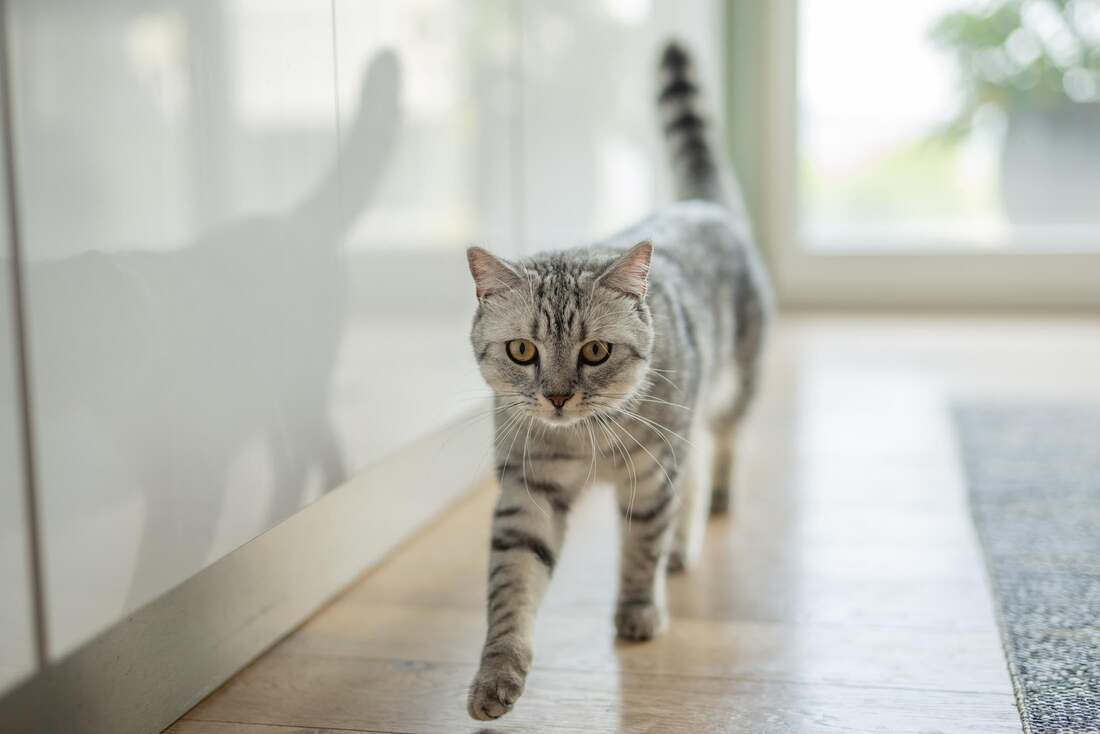
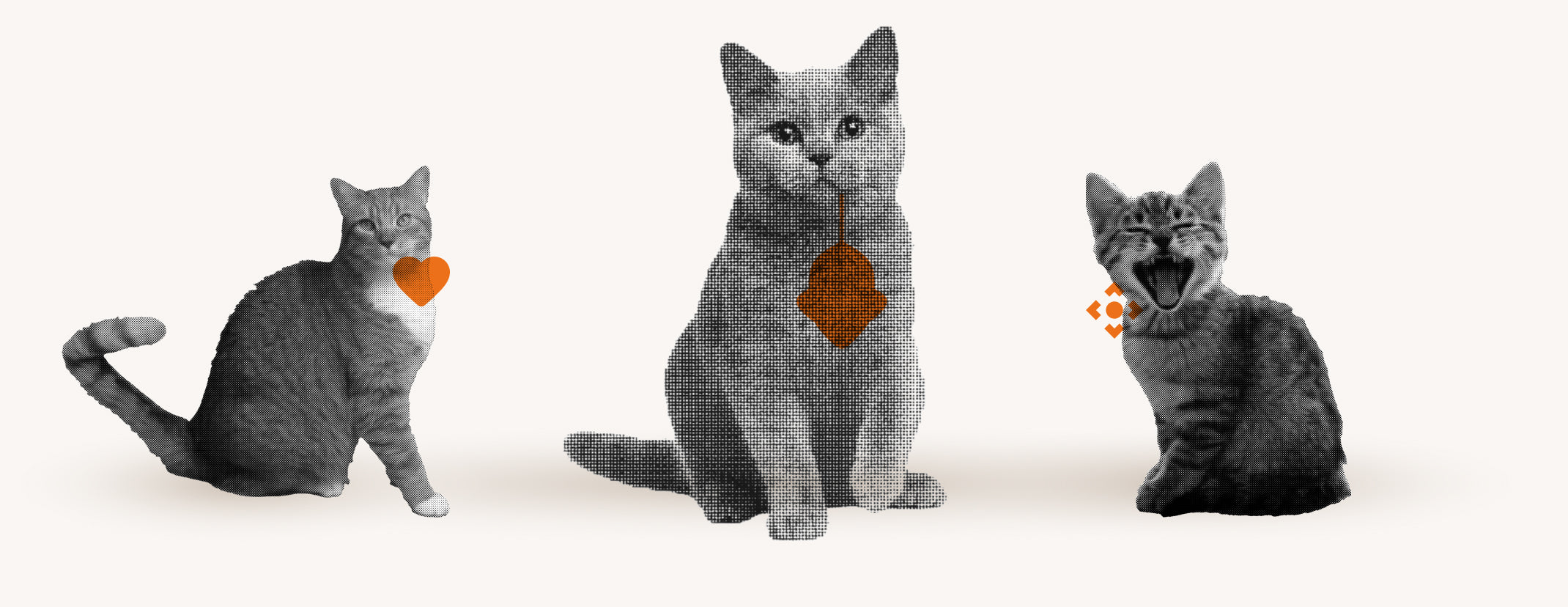
Share:
Cat training, how to train your cat with positive incentives